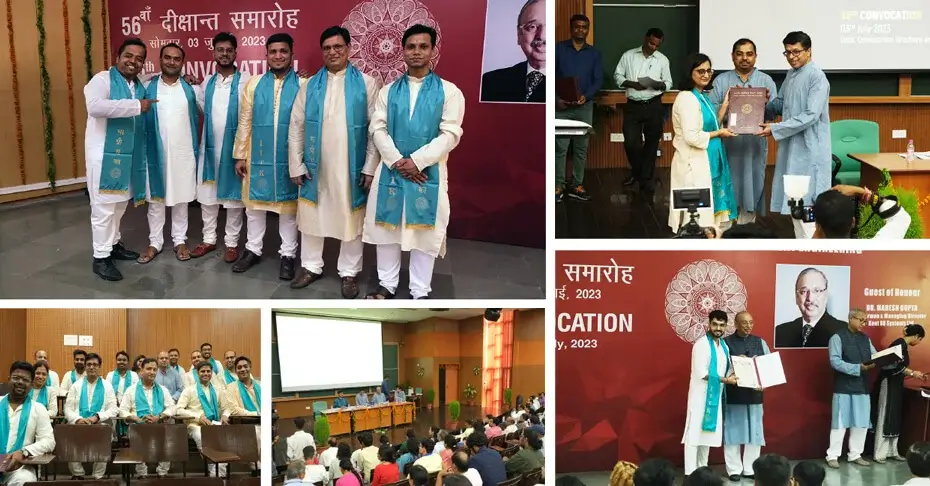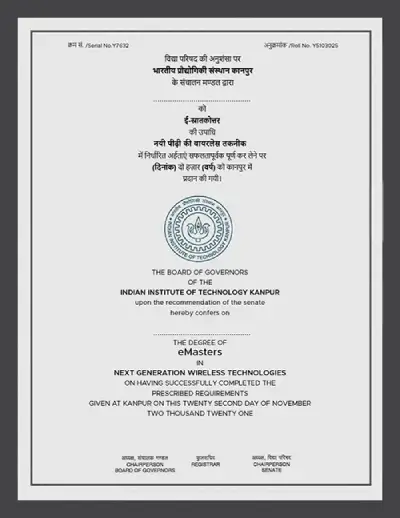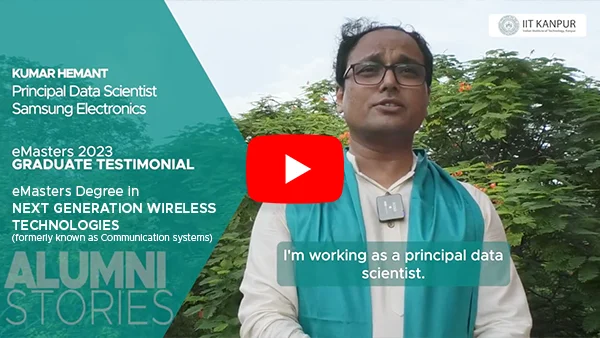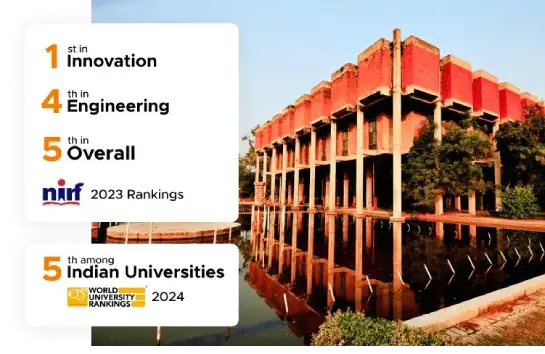The program offers flexibility in choosing 0-3 modules in each quarter. Typically, students take 4 core modules and 8 elective modules over 4-12 quarters i.e. 1 - 3 years.
There are three approaches to sequence to modules that best suit your needs and availability :
Fast-paced approach - for students willing to complete the program within 1 year.
- Q1: Core Modules 1, 2, 3
- Q2: Core Module 4, Elective Modules 1, 2
- Q3: Elective Modules 3, 4, 5
- Q4: Elective Modules 6, 7, 8
For applicants who are unable to take out the necessary number of hours per week however, we encourage them to take fewer modules per quarter, as illustrated in the following example:
Medium-paced approach - suits most students
- Q1: Core Modules 1, 2
- Q2: Core Modules 3, 4
- Q3: Elective Modules 1, 2
- Q4: Elective Modules 3, 4
- Q5: Elective Modules 5, 6
- Q6: Elective Modules 7, 8
Slow-paced approach - for students willing to complete the program within 3 years.
- Q1: Core Module 1
- Q2: Core Module 2
- Q3: Core Module 3
- Q4: Core Module 4
- Q5: Elective Module 1
- Q6: Elective Module 2
- Q7: Elective Module 3
- Q8: Elective Module 4
- Q9: Elective Module 5
- Q10: Elective Module 6
- Q11: Elective Module 7
- Q12: Elective Module 8
Please note, the final template can be a mixture of above approaches, and may have 0-3 modules per quarter. Typically, core modules are taken before the elective modules.






 A.R. Harish
A.R. Harish  Tushar Sandhan
Tushar Sandhan Live Interactive Sessions
Live Interactive Sessions Projects
Projects  Online Examination
Online Examination Campus Visit
Campus Visit
 Education loan avail from
Education loan avail from 





